You have successfully logged out.
Not registered yet?
Help for self-help
Professionals for Senegal
In Senegal, there are not enough technical specialists in biomedicine. B. Braun is helping the university in Dakar educate biomedical engineers—like Sylberia Diack.
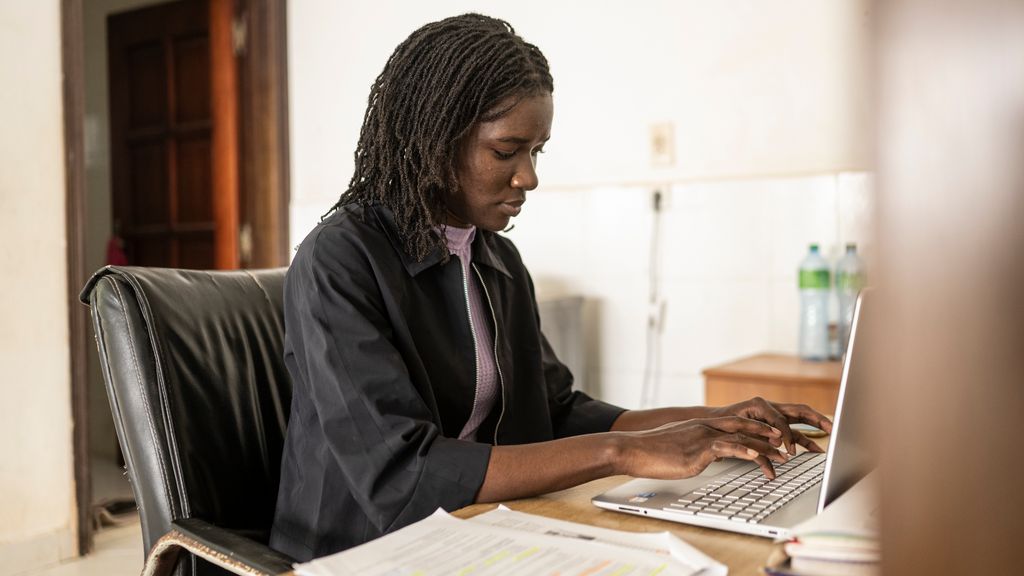
If you had asked Sylberia Diack's mother what profession she wanted for her daughter three years ago, she probably would have said she should become a doctor. Her father had long dreamed that she would study economics. Instead, Sylberia sits in front of drawings of electrical circuits and worksheets that describe how the heart works. It is still early in the morning; later, the 22-year-old Senegalese woman will make her way to her university, the École Supérieure Polytechnique in Dakar. Sylberia decided to study applied biomedical engineering. She is now in her third year and will soon graduate. “We’re very proud of her,” said her parents when asked what they think of her daughter’s studies today. Back then, however, they had no idea this program even existed at the university in Dakar.
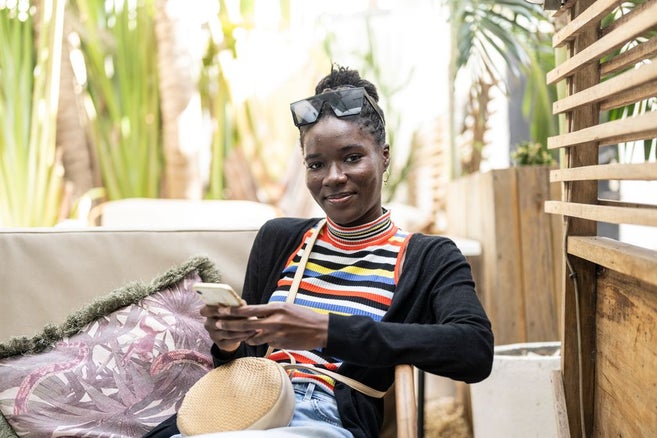
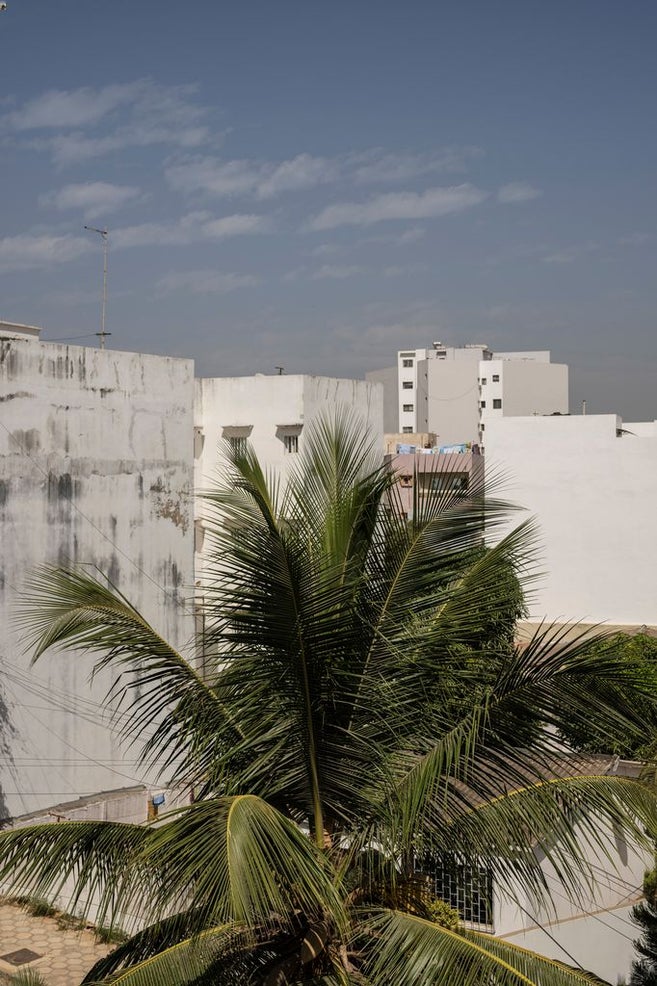
“It's the ideal combination for me,” said Sylberia. She is interested in biology—the human body—but also in anything having to do with technology: how machines work, down to the smallest detail. “I like medicine, but I didn’t want to be a doctor—I can’t look at blood,” she said. She points to a worksheet titled Anatomy of the Heart. She is learning about the structure of the heart, even though she ultimately will not become a doctor who works with patients every day. An uncle living in the United States told her about the applied biomedical engineering program. “It has a future,” he said. To Sylberia, it sounded logical. In her home country of Senegal, hospitals often lack technical equipment such as dialysis machines and infusion pumps—and when they do have them, they don't have teams of experts who can operate them or even keep them working.
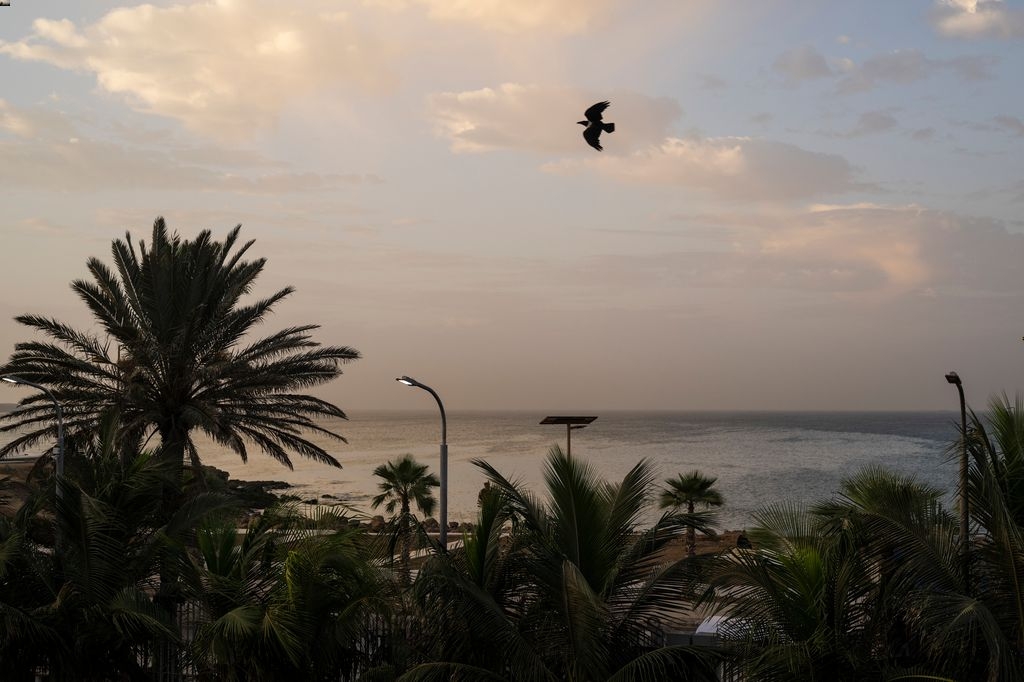
B. Braun's contribution in Senegal
-
0
Renal care centers and around 1,000 patients are serviced by B. Braun in cooperation with ACD, the local partner.
-
0€
was provided by B. Braun to train biomedical technical specialists at the universities in Dakar and Nairobi.
-
0
students in Senegal and Kenya have completed the program since it started.
In a global study from 2015, the World Health Organization found that there were just 23 biomedical technical specialists in all of Senegal. In the worst cases, this means people die. Just recently, a local newspaper title read: 76 dead. Cancer patients died because an MRI machine had not been operated properly. Sometimes, when Fam is at the hospital, he sees how medical equipment just stands in the corner, not being used. That scares him: “What if I rely on a certain piece of equipment and there is no one here who can work it?”

“We urgently need these students. The entire country lacks biomedical engineers.”
Sylberia was one of fifteen students chosen in 2020 to graduate from the bachelor’s program, which was developed by GIZ, the Aachen University of Applied Sciences, B. Braun and other partners. The program started in 2018 and is designed to train people to provide the badly needed specialists. Every year, up to 20 students are accepted from all over the country to spend three years studying anatomy and physiology, as well as engineering or electronics. Sylberia stands on the side of the road waving to a minibus. To go from her house, where she lives with her parents and cousins, to her department takes her an hour each day, and she has to take three different buses. One of them now stops at the opposite corner, and Sylberia runs off.
She had to pass an admission test to get into the program—math problems, physics equations and biology. “It wasn't that easy,” she said. But, ultimately, she passed—the best in her class. Since then, she says her life has been mostly studying for her degree. She leaves early in the morning and does not come back until the evening. Every Friday, Sylberia and her fellow students go to the hospital for a practical exercise: She watches how the teams of doctors use and operate dialysis equipment or MRI machines.
Sylberia has arrived at her department building. The university only purchased the building, which houses lecture rooms and three laboratories, last year. At the end of 2020, B. Braun delivered ten pumps, two dialysis machines and surgical instruments, and trained the department’s instructors over several days so the students could pass their practical exercises on the technical equipment starting this year. Sylberia is already looking forward to trying the theoretical knowledge she learns every day on the technical equipment.

“Good medical technicians are essential for the future of our country and for our healthcare system.”

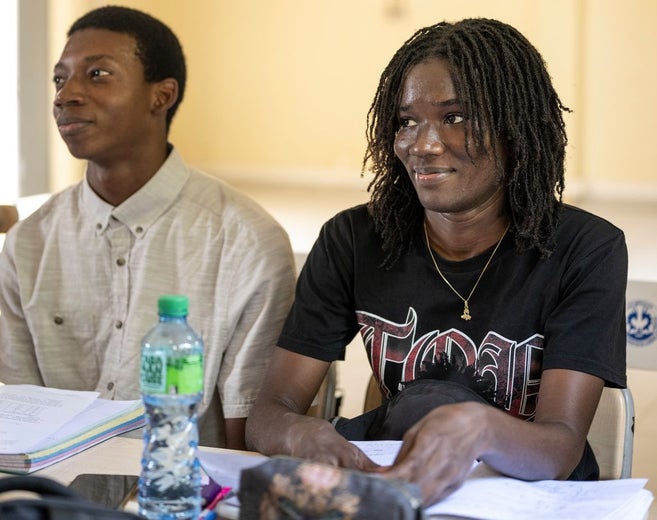
She says her favorite subject is sensor technology; it fascinates her how the sensors in MRIs can be used. She is still looking for an internship for the spring before she starts writing her bachelor's thesis in the summer. Then, she says, she definitely wants to get her master’s. Where exactly, she does not know yet. Perhaps even at B. Braun, in Melsungen? She is certain of one thing, though: after she finishes, she wants to come back to Dakar to personally help improve medical care there locally.
Related topic



